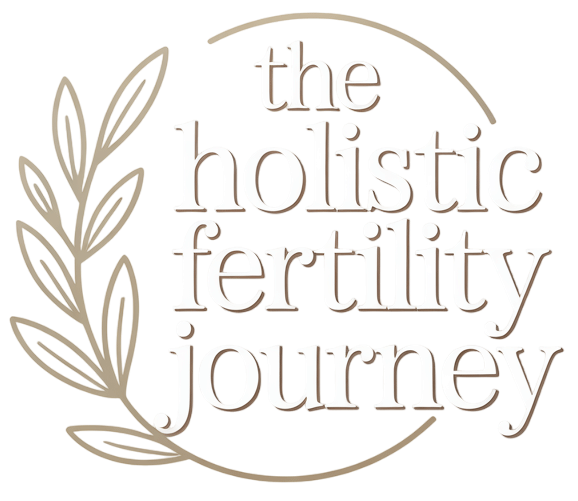Cultivating Fertile Ground: Honoring Folate in Your Journey
Navigating the ups and downs of trying to conceive can be overwhelming, but small, daily choices do add up. Folate is a beautiful example of how nourishing your body—both before and after conception—creates a welcoming environment for new life. Whether you’re growing leafy greens in your garden, enjoying a handful of lentils, or taking your daily supplement with your morning tea, each moment is an act of hope.
Fertility is about so much more than biology; it’s about honoring your own rhythm, nurturing each cell with kindness, and recognizing that preparation for parenthood starts in the smallest of ways. Including enough folate in your daily life is one of those gentle, essential steps anyone can take—quietly laying the foundation for resilience, health, and possibility.
If you’re making these changes, know you are not alone. Every nourishing choice is an investment in your future, and in the story that’s yet to unfold.
